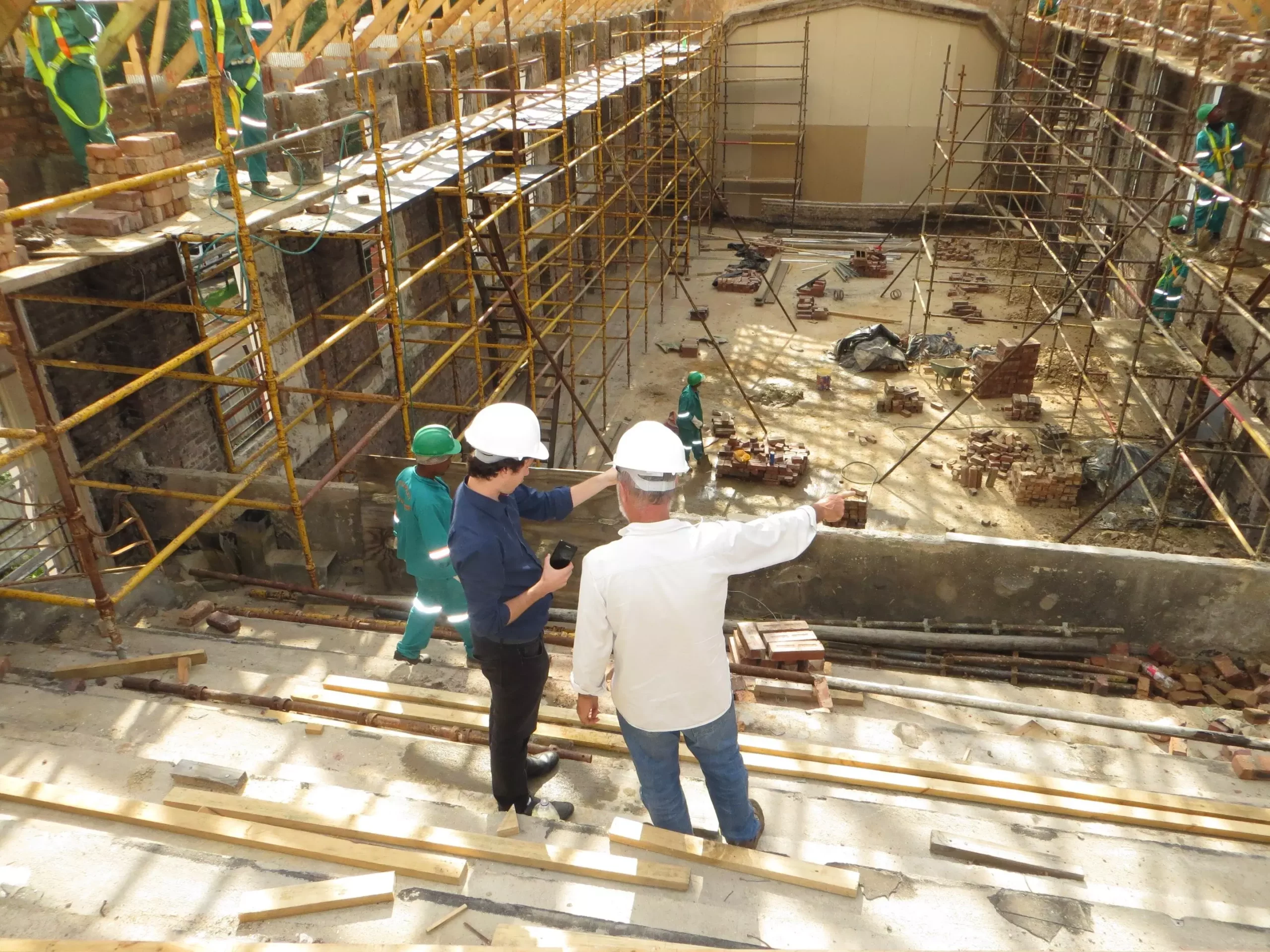As Europe grapples with the urgent realities of climate change, the construction sector emerges as a critical player in the quest for sustainability. A groundbreaking study, featured in Renewable and Sustainable Energy Reviews, underscores the immense potential for energy efficiency technologies to revolutionize both existing and new construction. The researchers assert that with the proper implementation of these technologies, Europe could make substantial strides towards achieving nearly zero carbon emissions by the year 2060. This is a pivotal assertion, especially as around 75% of Europe’s building stock is currently deemed energy inefficient.
The implications do not end with efficiency; they extend into the realms of health, economic sustainability, and energy security. The report indicates that an expansion in total floor space—predicted to rise by more than 20% within the next three decades—can coincide with the installation of technologies like solar panels and heat pumps. Such innovations could lead to a staggering reduction of up to 97% in the energy consumed for heating and cooling buildings, fundamentally transforming the energy landscape of European cities.
The current geopolitical climate raises pressing concerns about energy security, prompting even deeper evaluations of our energy consumption patterns. As the specter of energy shortages looms, the study’s authors advocate for the strategic integration of energy-efficient technologies. They argue that an industry-wide shift towards sustainability not only bodes well for climate targets but could also moderate energy costs and bolster residents’ overall quality of life.
Transitioning to a net-zero building sector may play an indispensable role in mitigating the desperate effects of climate change. The urgency of this transition cannot be overstated as urban populations continue to grow, leading to increased strain on existing resources. The study’s lead author, Dr. Souran Chatterjee from the University of Plymouth, emphasizes the potential of the building sector to significantly ease the strain on our dwindling energy supplies while promoting enhanced well-being, productivity, and job creation.
The research represents a collaboration between several esteemed institutions, including the Central European University and the Institute for Geological and Geochemical Research. Utilizing the High-Efficiency Building (HEB) energy model, the study meticulously calculated energy demand reduction potentials across the UK and EU member states. Among their findings, cooling demands for residential buildings could decline by an impressive 86% by 2050, while the corresponding figure for non-residential properties could reach 76% under the most ambitious net-zero targets.
Such reductions carry noteworthy implications, particularly for southern European countries like Italy, France, Greece, and Spain, where air conditioning is critical due to high summer temperatures. The heating sector, too, could experience significant cuts, with energy demand potentially dropping by over 80% for heating and almost 50% for hot water. The study also advocates for an increased reliance on heat pumps and other decentralized energy production methods within new developments, which promises further demand savings.
Despite the promising prospects outlined in the study, the researchers warn that a failure to implement comprehensive renovation strategies could lead to unforeseen consequences. Without action, the total thermal energy demand of the building sector is projected to increase by as much as 7% by 2060. This scenario illustrates the pressing need for decisive steps to transform the construction landscape into one that is energy-efficient and sustainable.
The opportunity at hand is monumental. Not only can a shift toward energy-efficient technologies pave the way for achieving climate neutrality but it can also drive economic growth and innovation. The interconnected benefits of reducing energy demand extend into various facets of society, impacting health, job creation, and the economy as a whole. Thus, the time to act is now.
The research presents compelling evidence that the European construction sector stands at a crossroads. The integration of energy-efficient technologies presents a golden opportunity to not only fulfill climate targets but to lay the groundwork for a healthier, economically resilient society. Each passing moment without action could compromise the potential of future generations to thrive. Now is the time for policymakers, industry leaders, and community stakeholders to come together and take the necessary steps toward a sustainable, net-zero future.


Leave a Reply